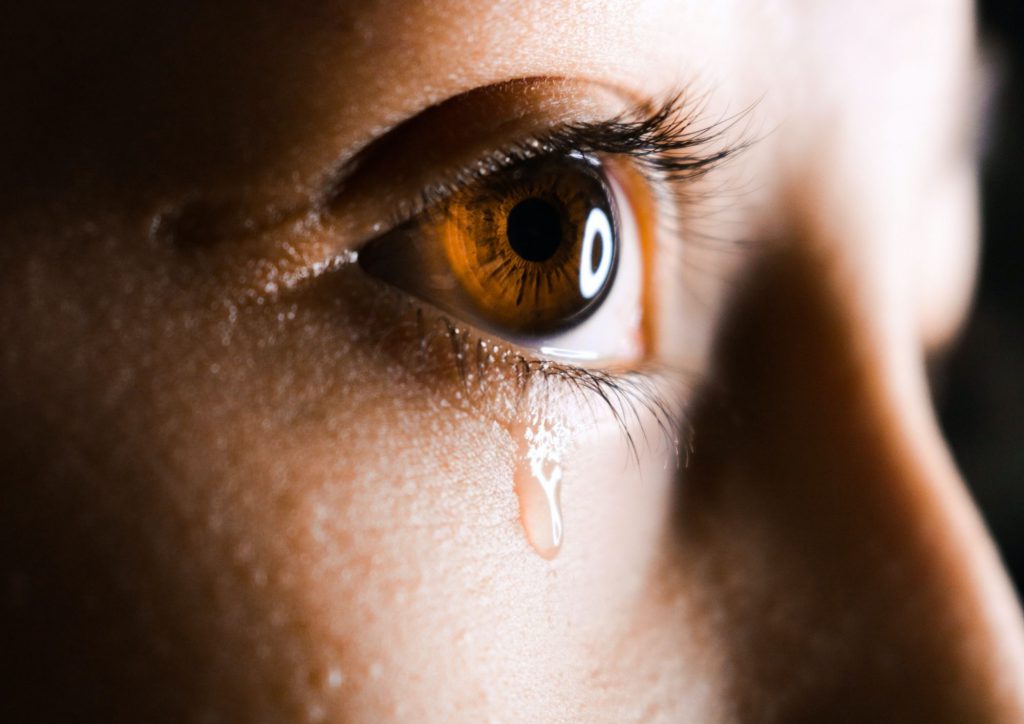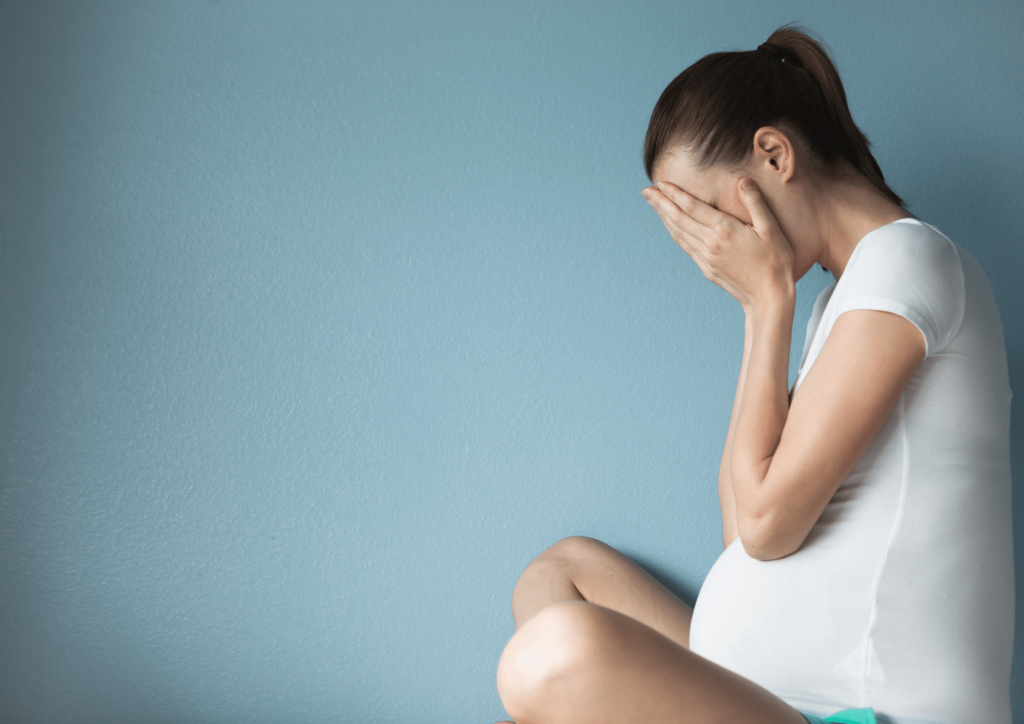In a stressful situation, our body responds by releasing hormones, we start to breathe more quickly, our heart rate increases, and our body prepares to fight or flight. After the situation has calmed down, we recover again. As such, stress helps us to survive.
Toxic effects of stress
However, too much stress is bad for us. If we experience stress frequently or chronically, there are negative consequences for our mental and physical health. Because children are rapidly developing, (young) children are especially vulnerable to the effects of stress. Exposure to severe stress early in life can cause problems later in life, such as depression, addiction, and cardiovascular disease.


Research
We do a lot of research on stress. For example, we investigate the consequences of maternal stress just after, during or even before pregnancy, on the developing child’s behavior and cognition. We also research the biological mechanisms underlying experienced stress. For example, how can it be that stress measured in the mother is related to the behavior of the child? Lastly, we look into ways on how to reduce stress in mothers and children during important periods in life, such as during pregnancy and in the first weeks after birth. With this research, we hope to contribute to the prevention and treatment of the effects of stress on both the mother and the child.
Read more?
Brett, B.E., Koko, B.K., Doumbia, H.O.Y., Koffi, F.K., Assa, S.E., Zahé, K.Y.A.S., Faye-Ketté, H., Kati-Coulibaly, S., Kort, R., Sybesma, W., Reid, G., & de Weerth, C. (2021). Salivary Biomarkers of Stress and Inflammation in First Graders in Côte d’Ivoire: Effects of a Probiotic Food Intervention. Psychoneuroendocrinology, 129, 105255.
Browne, P.D., Bossenbroek, R., Kluft, A., van Tetering, E.M.A., de Weerth, C. (2020). Prenatal Anxiety and Depression: Treatment Uptake, Barriers, and Facilitators in Midwifery Care. Journal of Women’s Health, Dec 3. doi: 10.1089/jwh.2019.8198. Online ahead of print.
Beijers, R., Buitelaar, J.K., de Weerth, C. (2014) Mechanisms underlying the effects of prenatal psychosocial stress on child outcomes: Beyond the HPA axis. European Child & Adolescent Psychiatry, 23(10):943-56.